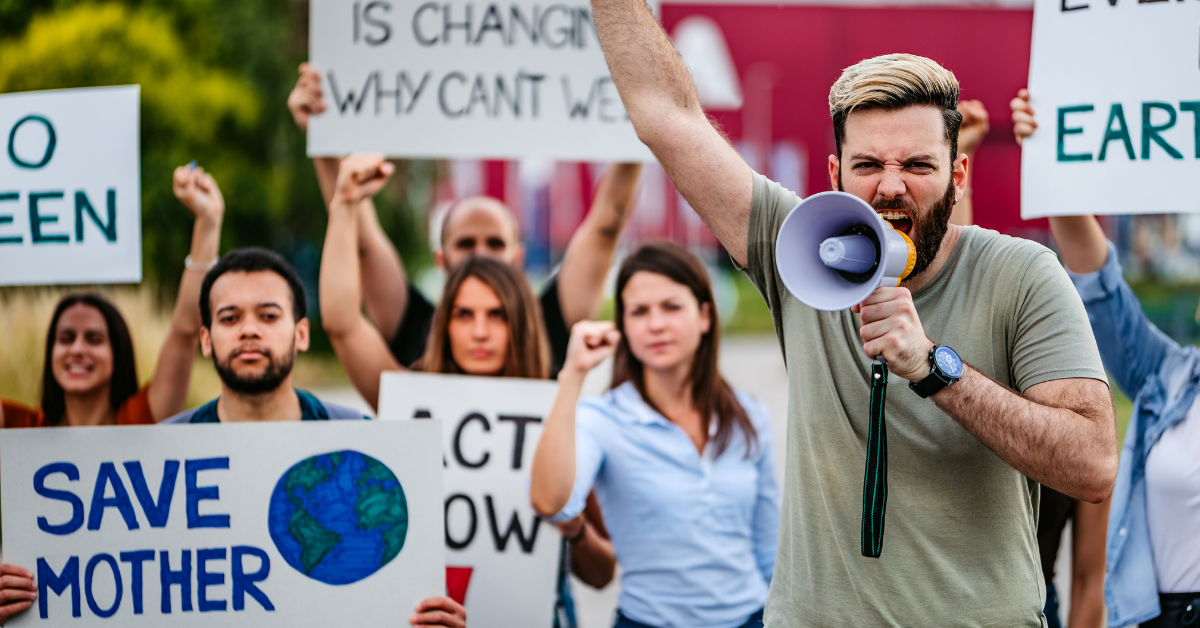Unleash the potential of renewable ethanol
The widespread availability of alternatives to liquid fuels, like diesel or petrol, is still some way off – but the 2030 deadline for reducing the EU’s greenhouse gas (GHG) emissions by 55% is just around the corner. And every second and every degree of emissions reduction counts for the future of our planet.
But you can make a difference – Sign our petition calling on EU legislators to preserve a role for biofuels!
Sign to demand access to clean, sustainable energy
Share the petition now
Why renewable ethanol?
It adheres to strict EU sustainability criteria.
It protects the environment.
It is the most immediate, cost-effective and socially inclusive way to meet the EU’s 2030 goals.��
Fortunately, there’s a solution that can deliver immediate emissions-reduction results in the petrol and hybrid cars that Europeans will continue to buy and drive for a long time: European renewable ethanol.
Produced according to strict EU sustainability criteria that protect the environment, European renewable ethanol has improved its average GHG emissions reduction year on year since 2011. It’s a ready-made, homegrown solution and is the most immediate, cost-effective, and socially inclusive way to help the EU meet its 2030 goals of reduced GHG emissions. Today, these biofuels are the main renewable energy source in EU transport.


The problem? The EU wants to keep limiting the use of these biofuels even though they are reducing emissions, and some politicians even push to phase them out altogether. If barriers to sustainable biofuels like European renewable ethanol are not removed, the EU will leave a big gap in the sustainable energy supply for tomorrow. This gap will mostly be filled with one thing: imported fossil fuels. Casting away a viable option like European sustainable renewable ethanol risks throwing away our future.
It’s time to stand up and recognize the benefits of biofuels for achieving EU climate, energy and food security ambitions. And perhaps more crucially, the problems that might arise if barriers to European renewable ethanol are not removed.